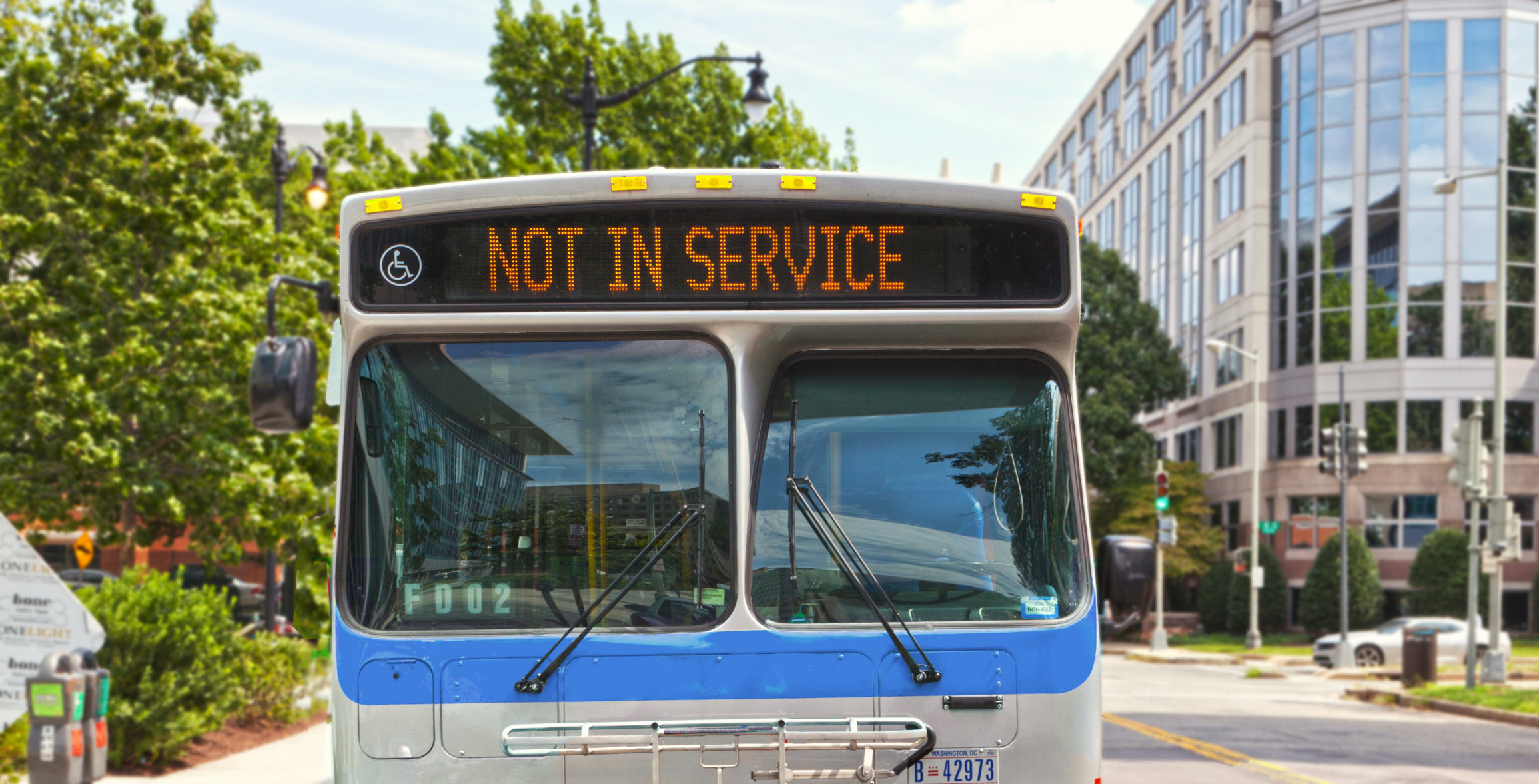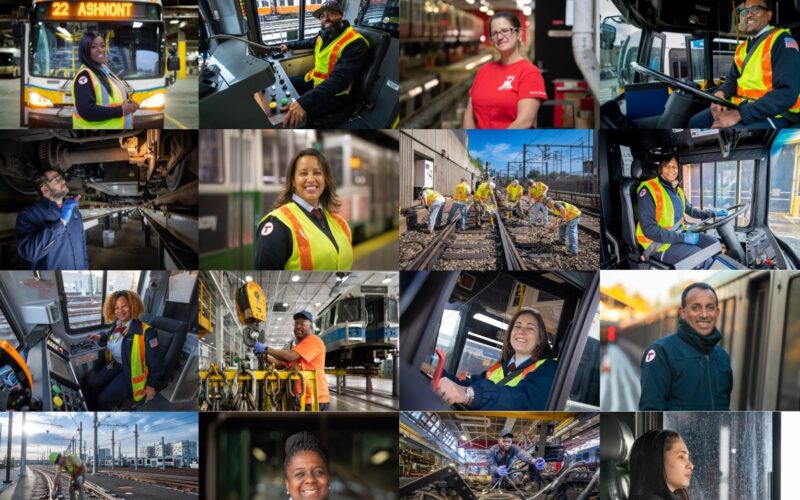
A national bus operator shortfall is wreaking havoc at transit agencies. In a February 2022 APTA (American Public Transportation Association) survey of 117 transit agencies of all sizes, 71% reported that they have either had to cut service or delay service increases because of worker shortfalls. In the same survey, more than nine in ten public transit agencies stated that they are having difficulty hiring new employees. And nearly two-thirds of transit agencies indicated that they are having difficulty retaining employees.
Bus drivers are indispensable people that provide an essential service, but in most U.S. cities, their working conditions and compensation don’t recognize their value. TransitCenter’s new report, “Bus Operators in Crisis,” details the challenges American operators are facing, and offers solutions that transit agencies can take to solve issues locally. It also proposes steps that states and the federal government can take to support transit agencies in this effort.
A key cause of difficulties recruiting and retaining new workers is the steady deterioration of one of transit’s most essential jobs. The pay has not kept pace with the skyrocketing cost of living in cities across the country. At the same time, the job has become more difficult. Operator assaults have increased, rigid scheduling requirements make it difficult for junior operators with child or eldercare responsibilities, and a lack of access to restrooms on route and break rooms at depots exacts a health toll. The transit industry is losing these workers to delivery services and trucking companies, which often offer workers more flexibility and higher pay.
To tackle operator shortfalls, “Bus Operators in Crisis” makes the case that the transit industry must make driving a bus a good job, a job with dignity, a job that is respected, well compensated, and rewarding. Operators are the backbone of the transit industry, and deserve better pay, more flexibility, and safer working conditions. They also deserve paths for advancement within agencies, and the opportunity to have their voices heard.
The report lays out eight recommendations for how agencies can improve job quality for operators. It also issues recommendations for how state governments can help alleviate the shortfall by increasing the labor pool, and how the USDOT and Secretary Buttigieg can use the power of the federal government to call greater attention to the crisis.
The necessary work of decreasing transportation emissions and closing transit access gaps simply isn’t going to be possible without operators to drive our nation’s buses. While the operator shortfall problem is multifaceted, many of the solutions are well within agency control. Agencies must begin taking steps now to develop a stable, healthy, and supported 21st-century workforce. “Bus Operators in Crisis” charts a path towards a prosperous and dignified future for these essential workers.
 New Drug Testing Rule from USDOT Could Help Alleviate the Bus Operator Crisis
New Drug Testing Rule from USDOT Could Help Alleviate the Bus Operator Crisis
New drug testing rules from the USDOT could make it easier for transit agencies to recruit more operators - but only if they implement the rule.
Read More MBTA Partners with Union to Reach Historic Wage Agreement
MBTA Partners with Union to Reach Historic Wage Agreement
The Massachusetts Bay Transportation Authority and its union, Carmen’s Local 589, reached a historic agreement to increase bus operators' starting wages from $22.21 to $30 an hour, shifting MBTA operators from the lowest paid to the highest paid in the transportation industry.
Read More